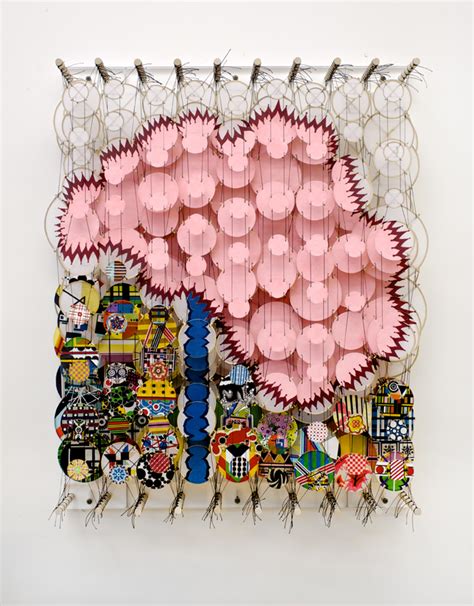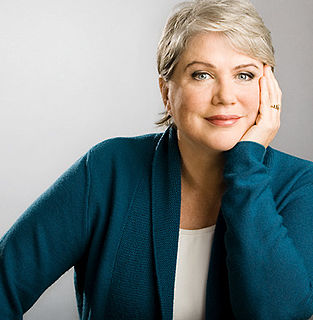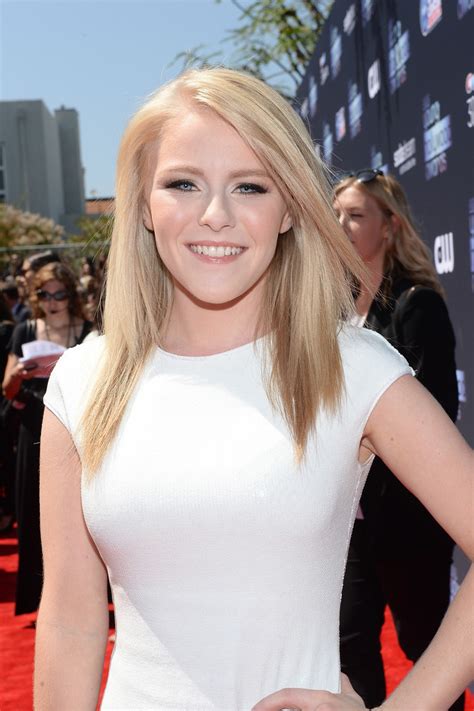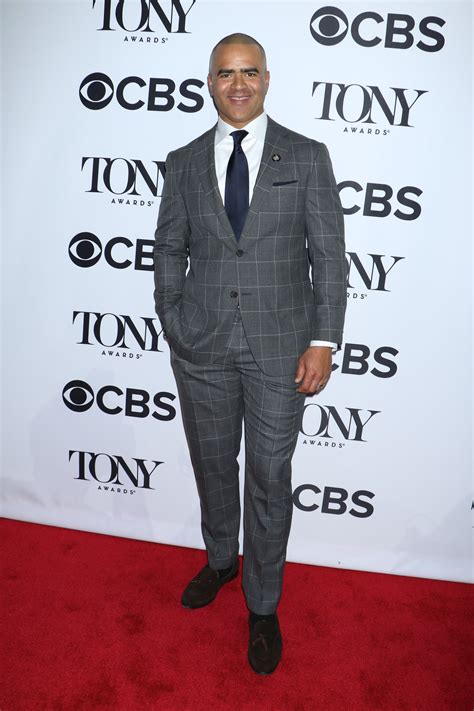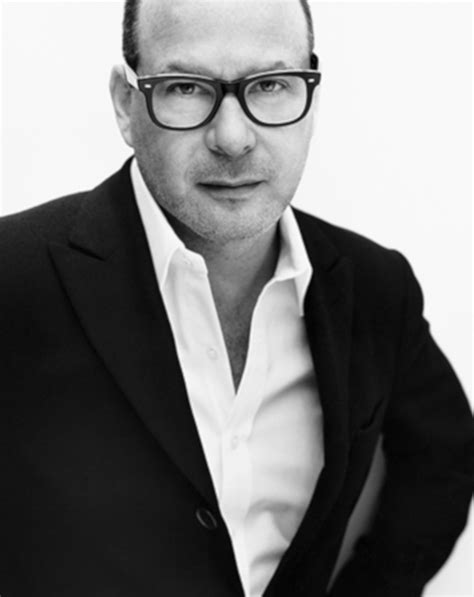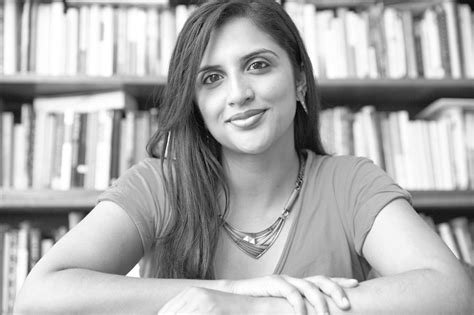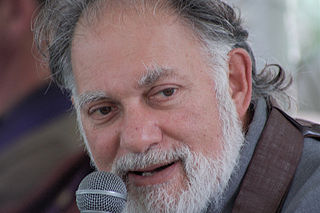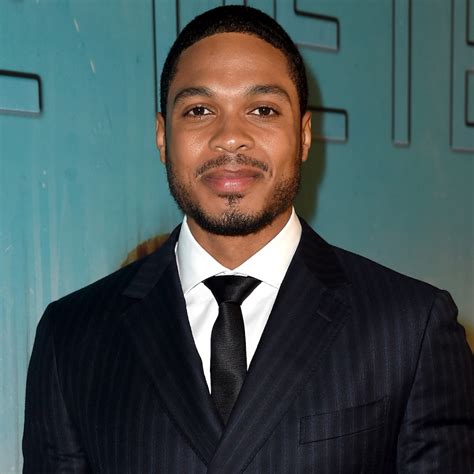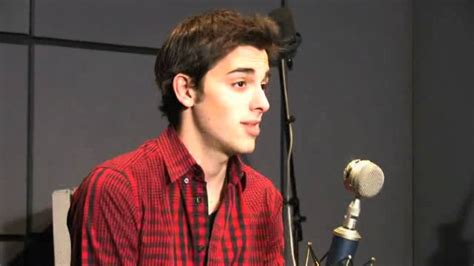A Quote by Jacob Hashimoto
Opera is something you have to educate yourself about. You have to make sure you understand the stories, what was happening politically, socially during the time these things were made and how they've changed through history.
Related Quotes
My philosophy involves imaging terrible things happening all the time, and getting used to it, so reality isn't so bad. And then you're always happy. You really just have to think yourself through it. That is how I've been able to come to happiness, but it is a subtle difference between scaring yourself all the time with terrible things happening, it's more about actually about making peace with it. That's my advice.
I love telling stories. I think of myself as a storyteller, and I don't feel bound by being just a singer or an actress. First, I'm a storyteller, and history is stories - the most compelling stories. There is a lot you can find out about yourself through knowing about history. I have always been attracted to things that are old. I have just always found such things interesting and compelling.
It just struck me as really odd that there were all of these conversations going on about what young women were up to. Were young women having too much sex? Were young women politically apathetic? Are young women socially engaged or not? And whenever these conversations were happening, they were mostly happening by older women and by older feminists. And maybe there would be a younger woman quoted every once in a while, but we weren't really a central part of that conversation. We weren't really being allowed to speak on our own behalf.
Listening is terribly important if you want to understand anything about people. You listen to what they say and how they say it, what they share and what they are reticent about, what they tell truthfully and what they lie about, what they hope for and what they fear, what they are proud of, what they are ashamed of. If you don't pay attention to other people, how can you understand their choices through time and how their stories come out?
Fashion for me is the perfect combination of all the things I love. There's an element of history to it. I love understanding why people wear what they wear, why during certain periods in history women looked the way they looked. There was always a strong reason behind it, whether it was because of what was available to them or because of what was happening in the world politically or sociologically. Fashion is like an amazing blend of commerce, travel, and creativity - of studying what people were about during a particular time.
When you care about perfection, you care about an expectation. But there is also caring for where I am right now, for what's happening right now. When I spend time with students, they tell me that they've read something in a book or heard something from a teacher that they don't think they're living up to. And I tell them, “Take care of yourself right now. Befriend what's happening, not just who you're supposed to be or what the world should be like. This is where you are now. So how do you care for yourself this minute?
